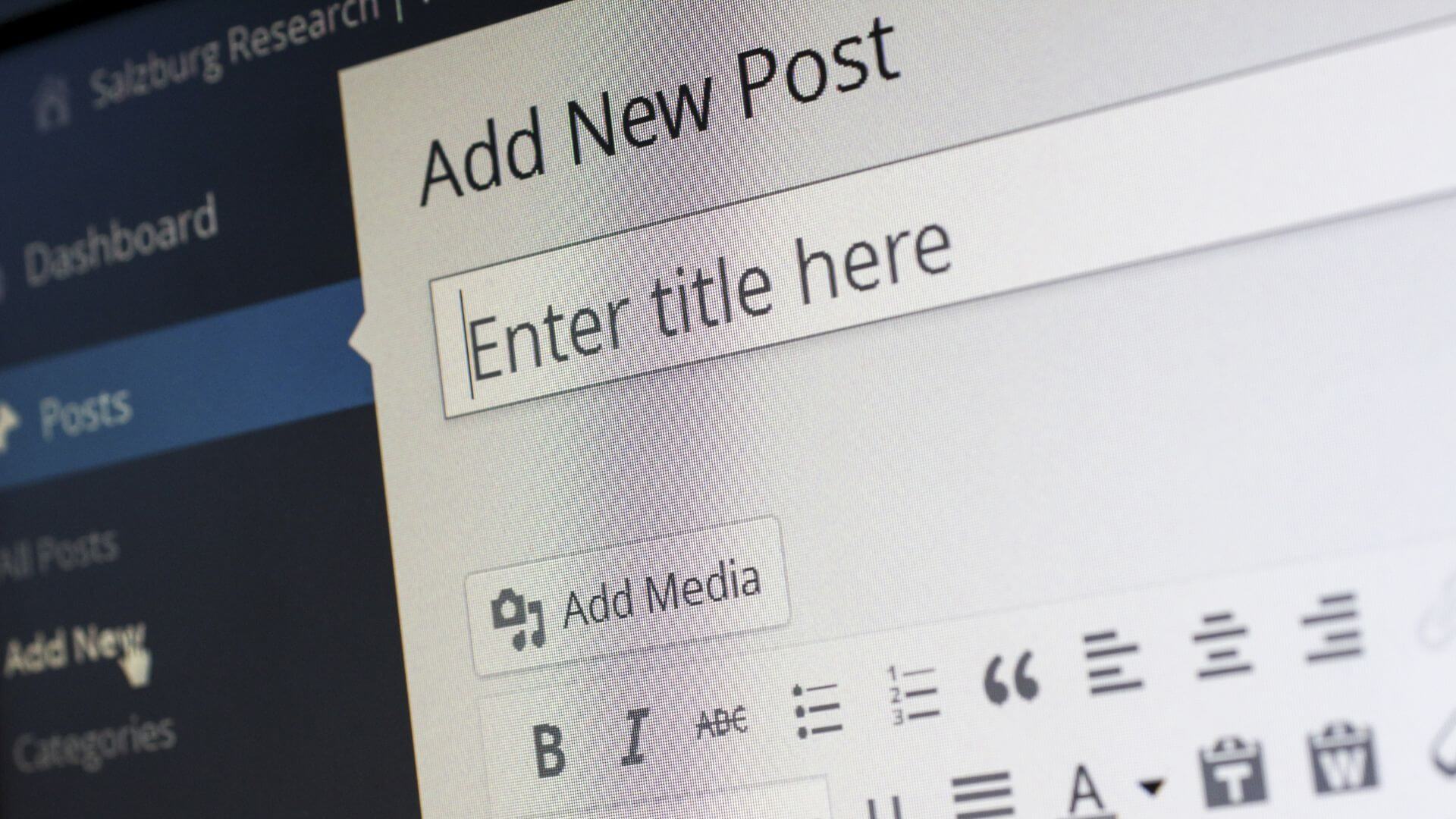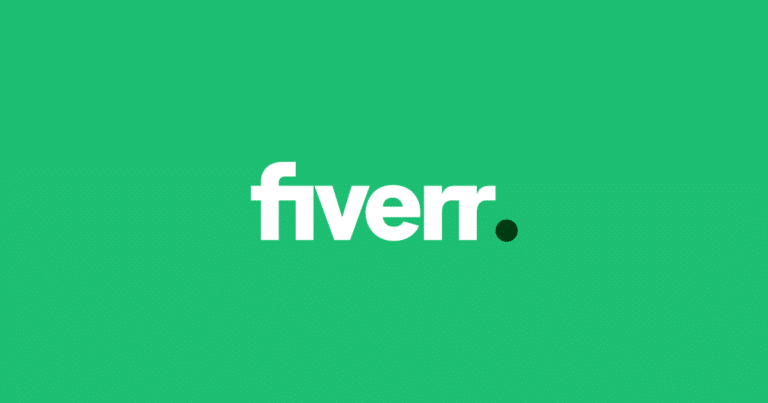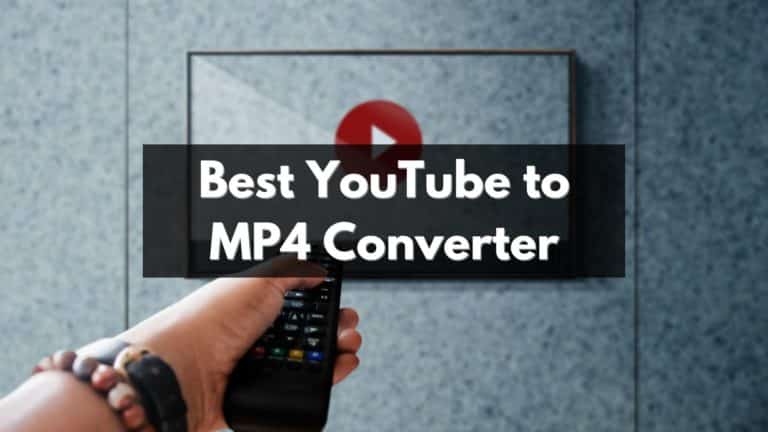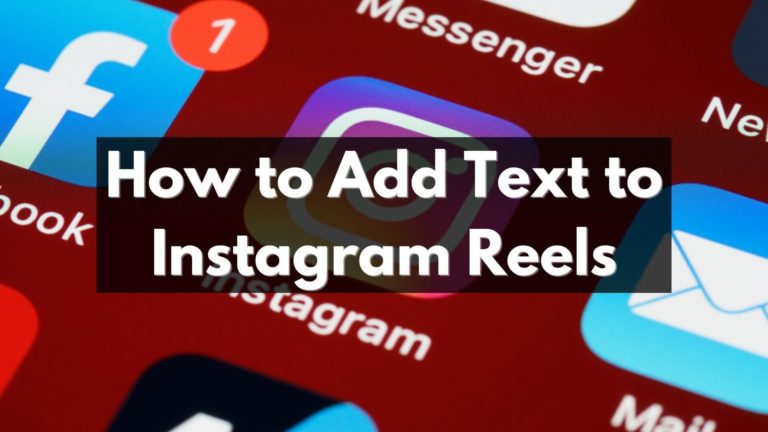What Is a Blog? Definition, Types & Why You Need One in 2023
Blogging has become a popular and effective way for individuals and businesses to share their ideas, connect with their audience, and establish their authority in a specific industry.
However, for beginners, starting a blog can be a daunting task, with many questions about what it is, how to start, and how to succeed.
In this comprehensive guide, we’ll explore the basics of blogging, its benefits, and the steps you need to follow to start and run a successful blog.
From choosing a niche and platform to creating content, promoting your blog, and monetizing it, we’ll cover everything you need to know to become a successful blogger.
What is a Blog and Why is it Important?
A blog is a website or a section of a website where an individual or an organization can regularly publish content in the form of articles, videos, or podcasts. It’s a platform for expressing opinions, sharing knowledge, and engaging with an audience.
A blog can cover any topic, from fashion and food to politics and technology. The importance of a blog lies in its ability to create a connection between the blogger and the readers.
It’s a powerful tool for building a personal brand, promoting a business, and establishing thought leadership in a specific industry.
Benefits of Blogging for Businesses
Blogging has numerous benefits for individuals and businesses alike. For individuals, blogging can be a creative outlet, a way to share personal experiences, and a tool for self-promotion.
It can also help build a community of like-minded individuals and attract potential employers.
For businesses, blogging can drive traffic to the website, increase brand awareness, and establish the company as an industry expert.
It can also generate leads and sales, and improve search engine rankings.
Why Start a Professional Blog?
Blogging has become an essential tool for individuals and businesses to establish themselves as thought leaders in their industry, increase their visibility and reach, build a personal brand, generate leads and sales, improve their search engine rankings, and connect with their audience.
Starting a professional blog allows you to share your knowledge, expertise, and unique perspective with your audience, establishing you as an authority and gaining you credibility and influence in your industry. By creating valuable content that addresses your audience’s pain points and interests, you can attract potential customers or clients who are seeking solutions to their problems or answers to their questions.
A professional blog also allows you to build a personal brand that showcases your personality, values, and expertise, setting you apart from your competitors and giving you recognition, loyalty, and influence. By creating a personal brand, you can create a strong identity that resonates with your audience and establishes you as a leader in your field.
Blogging can also help generate leads and sales by promoting your products or services through your content. By educating your audience and demonstrating the value of what you offer, you can generate leads and sales in a non-intrusive and educational way.
Another benefit of blogging is that it can help improve your search engine rankings. By providing fresh and relevant content that attracts backlinks and social shares, you can improve your website’s search engine rankings and increase your visibility and traffic.
Finally, blogging can help you connect with your audience and build relationships with them. By engaging with your audience through your blog, you can get feedback, answer questions, and create a community of like-minded individuals who share your passion and interests.
Why Does Blogging Matter for Businesses?
Blogging for business is a crucial aspect of digital marketing, and it matters for several reasons. Here are some of the most important ones:
- Increases Website Traffic: Blogging regularly helps to increase website traffic. Every new blog post is a new indexed page, and the more indexed pages your website has, the higher your website is likely to rank in search engine results pages. Additionally, by sharing your blog posts on social media, you can drive traffic back to your website.
- Builds Brand Awareness: Blogging allows businesses to build brand awareness by providing valuable information to their target audience. By sharing useful and informative content, businesses can position themselves as thought leaders in their industry and build trust with their audience.
- Generates Leads: Blogging can help generate leads for your business by providing opportunities to capture email addresses and other contact information. By offering lead magnets such as e-books or whitepapers in exchange for contact information, businesses can grow their email list and nurture leads into customers.
- Improves SEO: Blogging can help improve your website’s search engine optimization (SEO) by incorporating keywords into your blog posts. By including keywords that your target audience is searching for, you can improve your website’s visibility in search engine results pages and drive more traffic to your website.
- Provides Shareable Content: Blogging provides businesses with shareable content that they can use on social media platforms to drive engagement and increase brand visibility. By creating valuable and shareable content, businesses can increase their reach and attract new customers.
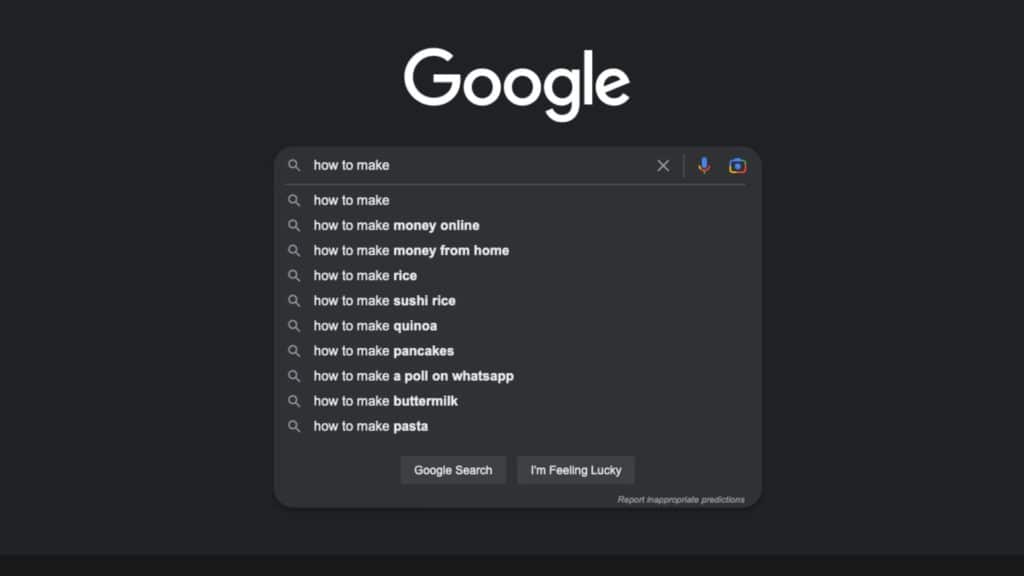
How to Start a Blog from Scratch
Starting a blog from scratch may seem daunting, but it’s actually quite easy. Here are the steps you need to follow:
- Choose a niche: Decide on a topic or a set of topics that you’re passionate and knowledgeable about.
- Choose a platform: There are many blogging platforms available, including WordPress, Wix, and Squarespace. Choose one that suits your needs and budget.
- Choose a domain name: Your domain name should be unique, memorable, and relevant to your niche.
- Set up hosting: Hosting is the service that allows your website to be accessible on the internet. Choose a reliable hosting provider that offers good speed and uptime.
- Design your website: Choose a design that reflects your brand and makes it easy for users to navigate.
- Create content: Start creating content that’s valuable, informative, and engaging.
- Promote your blog: Share your blog on social media, guest post on other blogs, and engage with your audience.
How to Write a Blog Post that Engages Readers
To write a blog post that engages readers, you need to:
- Choose a topic that’s relevant to your niche and interesting to your readers.
- Write a compelling headline that grabs the reader’s attention.
- Use subheadings to break up the text and make it easy to read.
- Use visuals, such as images and videos, to make your post more engaging.
- Write in a conversational tone that’s easy to understand.
- Use examples, anecdotes, and data to support your arguments.
- End with a clear call to action that encourages readers to engage with your content.
How to Monetize Your Blog
There are several ways to monetize your blog, including:
- Advertising: Display ads on your website and earn revenue based on clicks or impressions.
- Affiliate marketing: Promote products or services on your blog and earn a commission on sales.
- Sponsored content: Partner with brands to create sponsored content that promotes their products or services.
- Product sales: Create and sell your own products, such as ebooks, courses, or merchandise.
- Donations: Ask your readers for donations to support your work.
Common Blogging Mistakes to Avoid
Blogging can be challenging, especially for beginners. Here are some common mistakes to avoid:
- Not having a clear niche: Blogging about too many topics can confuse your readers and dilute your message. It’s important to choose a specific niche and stick to it.
- Neglecting SEO: Search engine optimization (SEO) is critical for driving traffic to your website. Make sure to use relevant keywords, meta descriptions, and alt tags.
- Focusing too much on quantity over quality: It’s better to publish one high-quality post per week than five low-quality posts.
- Not promoting your blog: Simply creating content is not enough. You need to actively promote your blog on social media, forums, and other online communities.
- Ignoring your audience: Engage with your readers by responding to comments, asking for feedback, and addressing their concerns.
Tools for Successful Blogging
There are many tools available that can help you create and manage a successful blog. Here are some of the most popular ones:
- WordPress: WordPress is a free and open-source content management system (CMS) that powers over 40% of all websites on the internet.
- SurferSEO: Surfer is an on-age SEO content optimization tool that you can use to research, write, optimize, and audit your content. It includes everything you need to create a comprehensive content strategy that yields real results.
- Google Analytics: Google Analytics is a free web analytics service that provides valuable insights into your website’s traffic, audience, and performance.
- Grammarly: Grammarly is a writing assistant that helps you eliminate grammar, spelling, and punctuation errors in your blog posts.
- Canva: Canva is a graphic design platform that allows you to create stunning visuals, such as infographics and social media posts, for your blog.
The Future of Blogging
Blogging has come a long way since its inception in the early 2000s. With the rise of social media and video platforms, and most recently, AI content writers, some people have predicted the demise of blogging.
However, blogging is still a popular and effective way to share information and engage with an audience.
In fact, some experts predict that blogging will continue to grow in the future, as more people turn to the internet for information and entertainment.
Examples of Successful Blogs
There are countless successful blogs on the internet, covering a wide range of topics. Here are some examples:
- The Pioneer Woman: A blog about cooking, gardening, and life on a ranch, run by Ree Drummond.
- The Huffington Post: A news and opinion website that features a blog section with contributions from various writers.
- Copyblogger: A blog about content marketing and copywriting, run by Brian Clark.
- Smart Home Solver: A home automation and smart home blog, run by Reed and Ally Kleinman.
- The Points Guy: A blog about travel and credit cards, run by Brian Kelly.
FAQs
Do I need to have a lot of technical skills to start a blog?
No, you don’t. There are many user-friendly platforms available that allow you to create a blog without any coding skills.
Can I start a blog for free?
Yes, you can. Some platforms, such as WordPress.com and Blogger, offer free hosting and a subdomain. However, it’s recommended to invest in a custom domain and hosting for better branding and control.
How often should I publish new content on my blog?
It depends on your niche and your audience’s expectations. However, it’s generally recommended to publish at least one high-quality post per week.
How long should my blog posts be?
Again, it depends on your niche and your audience’s preferences. However, it’s recommended to aim for a minimum of 300 words, but longer posts (1000-2000 words) tend to perform better in terms of SEO and engagement.
How do I promote my blog?
There are many ways to promote your blog, such as social media, email marketing, guest posting, and influencer outreach. Choose the channels that work best for your niche and audience.
Can I make money from blogging?
Yes, you can. There are several ways to monetize your blog, such as advertising, affiliate marketing, sponsored content, product sales, and donations.
How do I come up with new blog post ideas?
You can use tools such as Google Trends and BuzzSumo to find popular topics in your niche. You can also survey your audience, read other blogs in your industry, and use your own experiences and expertise.
How do I measure the success of my blog?
You can use metrics such as traffic, engagement, social media shares, and conversions to measure the success of your blog. Set clear goals and track your progress regularly.
Can I blog anonymously?
Yes, you can. However, it’s generally recommended to use your real name and establish a personal brand for better credibility and trust.
How do I deal with negative comments on my blog?
It’s important to address negative comments in a polite and professional manner. Respond to the commenter’s concerns and try to find a solution or a compromise. However, if the comment is spammy or abusive, you can delete it or block the user.
Conclusion:
Starting a blog can be a rewarding and fulfilling experience, whether you’re doing it for personal or business reasons.
By following the steps outlined in this guide, you can create a successful blog that attracts and engages a loyal audience.
Remember to choose a specific niche, create valuable content, promote your blog, and monetize it in a way that aligns with your goals and values.
With dedication, creativity, and perseverance, you can build a blog that makes a difference in people’s lives and establishes you as a thought leader in your industry.
Bonus Tip: Consistency is Key
One of the most important factors in building a successful blog is consistency. This means publishing content on a regular basis, whether it’s once a week, twice a week, or daily.
Consistency helps establish a rhythm for your audience and shows them that you’re committed to providing value. It also helps with search engine optimization, as search engines tend to favor websites that publish fresh and relevant content regularly.
To stay consistent with your blog, it’s important to create a content calendar that outlines your topics, deadlines, and publishing schedule. You can also repurpose and update old content to keep it relevant and fresh.
And don’t forget to engage with your audience by responding to comments, asking for feedback, and sharing your content on social media.
Starting a blog can be a challenging but rewarding journey. With the right tools, mindset, and strategies, you can create a blog that resonates with your audience and helps you achieve your goals.
Remember to stay true to your vision, be authentic, and have fun along the way.
Happy blogging!

